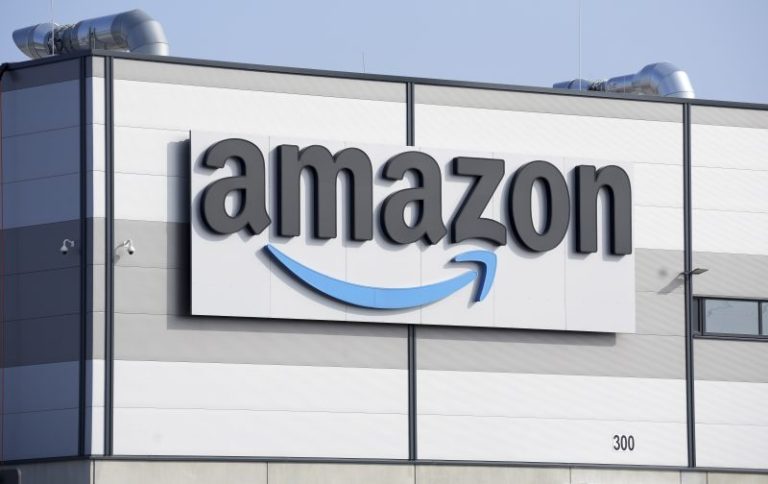(NewsNation) — Delivery giants Amazon and UPS have announced plans to cut thousands of jobs, sparking growing concern around the replacement of workers with artificial intelligence.
As the AI boom accelerates, companies are rethinking how much human labor they need. UPS has cut about 34,000 jobs so far this year, according to the Associated Press, with plans to eliminate another 14,000 positions, mostly in management.
Amazon announced in a letter to employees Tuesday that it would also cut 14,000 corporate jobs, a 4% reduction in its corporate workforce, as it leans more on artificial intelligence to boost efficiency, the outlet reported.
Fed expected to cut interest rates as shutdown clouds economic picture
Amazon CEO Andy Jassy said new AI tools will help the company “do more with less.” Internal documents show Amazon’s robotics division aims to automate about 75% of operations, potentially avoiding hundreds of thousands of hires in the years ahead, according to the New York Times. Meanwhile, Goldman Sachs estimated AI could replace up to 7% of U.S. jobs.
A Resume.org survey found that 4 in 10 companies expect to replace some workers with AI by 2026.
While the World Economic Forum has predicted 92 million jobs could be lost by 2030, it noted that another 170 million jobs could be created as new roles emerge.
“A better way to frame it inside of our minds is the safest path forward for the individual is to own that intersection between human and machine,” said Jared Navarre, CEO of Keyni Consulting, which advises major tech and IT companies like Adobe, Apple, Capital One and Reebok.
Navarre said success will come from embracing AI, not fearing it.
“So, there’s going to be roles that will involve decision making, creativity, oversight, leadership or relationship-driven work,” he said. “I think all of those are going to be the safe spaces in the future where AI will have the hardest time replacing us as humans. We have to own that piece between human and machine.”
Startup giving away 3 billion free ads to help US businesses
Navarre said the first jobs to go are repetitive tasks, those that AI can do faster and cheaper than humans — think data entry, customer service and delivery.
“Jobs will be lost, but humans will be repurposed to repositioned. I’m talking … about humans like we’re assets, but to be honest, that’s how a lot of these companies are viewing this shift,” Navarre said.
Economist Mitch Roschelle told NewsNation this isn’t the first time the industry has faced disruption. Every major technology shift, from electricity to the internet, has replaced roles but created “new” industries in return. In his words, “every time there’s change, there’s opportunity.”
“My best advice to anybody in the labor market is continue to upskill yourself and your tools for the advent of technology,” Roschelle said. “Those who don’t evolve, die. That is like Darwinism. And so those careers that get eliminated by technology give way to new careers.”

